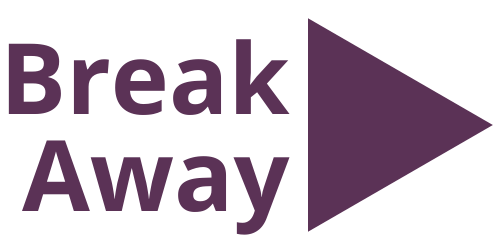Beyond a Fix | Spartanburg ABCS
The “DIS” prefix is not only “un” and “not,” but also has a Latin and Greek derivative meaning “duo” and “two,” hence another way of doing and being. — Heather Watkins
In our society, disability is viewed as something to fix or cure—the prefix of ‘un’ or ‘not’ is unfortunately too often the sole association. Disability is focused on the individual, asking how can we make one’s life fit the norm? We are taught to anxiously attend to disability that is visible and dismiss what is not. Representation in media is limited, and, when it does exist, it typically manifests as one of a few stereotypes: pitiful or pathetic, perpetually sad or angry, superhero, or more commonly, as a source of inspiration for non-Disabled people.
The world focuses inward, on Disabled people and what can be done to improve their lived experience. Many of us have internalized this perspective—leading us to presume that individuals with impairments need help or are somehow incompetent. Because of the medical focus on disability. as something to fix, Disability as identity is often left out of the larger conversations of justice. As a result, forming distinct minority community membership has been a challenge.
Disability as an Identity
The reality is one in five individuals in the United States are disabled. There's a resounding need to discuss the realities and societal misconceptions, and to bring a justice-based approach to service work alongside Disabled communities.
At our second 2017 ABCS in Spartanburg, South Carolina, instead of examining impairments or shortfalls, we looked outward. We worked, as Disabled people and allies, to retrain our thinking to include physical, environmental, and social barriers in our understanding of mental and physical Disability (in short, Disability = Person + Impairments + Barriers); to reconsider the language we’re using; and to acknowledge the many unintended consequences of good intentions. More than anything, we deepened our belief in a society of community collaborators. Made up of individuals who make their own decisions and determine the needs and path of their participation in community.
Self-determination, or the belief that all people (particularly Disabled people) must have opportunities and experiences that enable them to have control in their own lives and advocate on their own behalf, was the focal point at the ABCS. When all individuals are granted the right to self-determination, we may finally experience communities of true interdependence.
Our Role
If a society of community collaborators requires everyone, then we must look at the spaces we inhabit—our campus, our programs, our advocacy—and work on building radically accessible versions of those spaces. We must acknowledge that our current world already meets the access needs of some, and it’s our responsibility to shift structures to meet the access needs of all.
Interested in making your program a radically inclusive space? Let us know - we’ll be thrilled to support your efforts!

